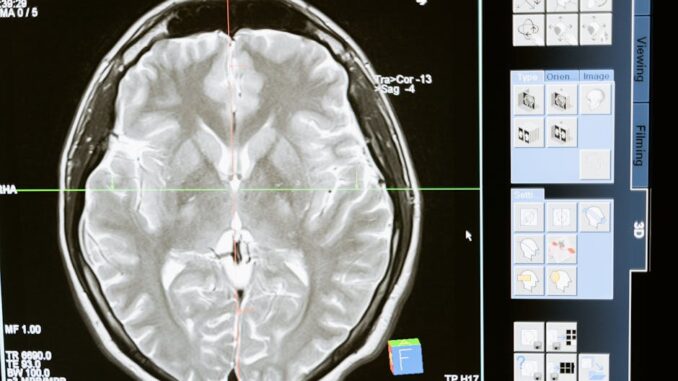
Summary
New research reveals the detrimental effects of heavy alcohol use on cognitive function, even after prolonged abstinence. Studies highlight damage to brain circuits crucial for decision-making, impacting learning and adaptability. This research underscores the need for increased awareness and targeted interventions to address alcohol-induced cognitive impairments.
** Main Story**
Okay, so check this out, there’s some pretty interesting stuff coming out lately regarding alcohol and the brain. I’m talking about long-term effects, not just the morning-after fog, you know? Specifically, how it screws with your ability to think clearly even after you’ve quit drinking. It’s kinda scary, and it definitely changes how we should approach addiction treatment.
For instance, a recent study from Johns Hopkins—and this was on rats, mind you—showed a really clear connection between heavy drinking and lasting cognitive problems. Like, these rats were making terrible decisions even months after they stopped getting booze. The researchers publishing in Science Advances said it comes down to damage in the brain circuits responsible for cognitive flexibility, that ability to adapt to change. And what that means is, for someone struggling with alcohol, their brain simply can’t make the right choices about drinking, even if they want to stop. The thing is, it was only observed in male rats, which raises some interesting questions. Like, why the difference?
Digging Deeper: How Alcohol Messes with Your Brain
But it gets even more granular. Another study, this one from Texas A&M, looked at the actual mechanisms involved. Turns out, alcohol messes with these things called cholinergic interneurons, or CINs, in the striatum. Now, the striatum is involved in reward and motivation – basically, it’s a key part of your brain’s reward system. The CINs regulate dopamine, that feel-good chemical. So, when you drink heavily, it throws off the firing patterns of these CINs, making it harder for your brain to adapt and learn new behaviors. Makes sense, right? You are essentially, unlearning behavior and making it difficult to change, even when you really need to. In other words, your brain just can’t adjust when things change.
So What Does this Mean for Recovery?
Think about that for a second. All those times people say, ‘Just stop drinking!’ It’s not that simple, is it? If your brain is literally damaged, making it harder to make good decisions, then we need to rethink our approach to treatment.
Cognitive Behavioral Therapy (CBT) is great, sure, but what if it’s not enough for someone with these alcohol-induced cognitive problems? Maybe they need more specialized help, programs tailored to address those specific deficits. You know, a thorough cognitive assessment should be the standard in addiction treatment. And the sooner the better, because as with everything, early intervention is key. Abstinence can actually reverse a lot of the damage, especially if you catch it early. I had a friend who went through something similar, and the difference in her after getting the right kind of cognitive support was night and day.
Support Systems are Crucial
Fortunately, there are tons of resources out there. The Salvation Army, for example, has residential work-therapy programs that provide holistic support. And most treatment centers offer aftercare, like alumni programs, which can be a real lifeline when you’re transitioning back to normal life. Plus, you’ve got support groups like AA and SMART Recovery; there’s definitely something to be said for the power of peer support and shared experience. It’s hard going it alone.
Thinking about all this, it really drives home the importance of early intervention and prevention. We need to be educating people, especially younger folks, about the real risks of heavy drinking and how it can mess with your brain down the line. It’s not just about liver damage, it’s about your ability to think, to learn, to adapt. That’s why a comprehensive strategy that combines education, early detection, and effective treatment is so vital. I think with further investigation of sex-related differences we can address all populations. What do you think, is there anything more we can do?


Be the first to comment